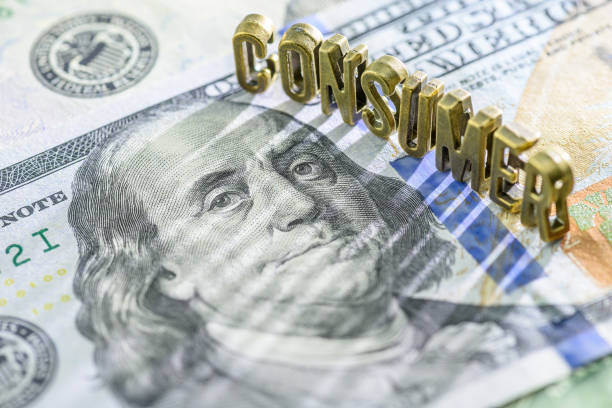The numbers: Consumer confidence fell in September to a three-month low ahead of a pivotal U.S. election whose outcome could hinge on which presidential candidate voters think will do a better job on the economy.
Americans were more worried about the job market in light of a steady rise in unemployment and greater difficulty in finding work. A high cost of living after several years of severe inflation was another source of distress.
The index of consumer confidence sank to 98.7 this month from a revised 105.6 in August, the Conference Board said Tuesday. It was the biggest one-month decline since mid-2021.
Economists polled by the Wall Street Journal had forecast the index to rise to 104.0.
Consumer confidence tends to signal whether the economy is getting better or worse.
The gauge of consumers is way below the monthly average of 128 in the last year before the onset of the pandemic in 2020.
Key details: A measure that looks at how consumers feel about the economy right now tumbled 10 points to 124.3, the lowest level since March 2021.
Americans were more anxious about the availability of jobs, business conditions and future incomes.
Unemployment has risen steadily since the spring of 2023 to a more than three-year high of 4.2%. Job openings and the number of people being hired have also declined sharply.
A confidence gauge that looks ahead six months, meanwhile, slipped 5 points to 81.7 in September.
Still, the so-called expectations index has been above the key 80 level that typically signals recession for three months in a row.
Big picture: The economy is on track to expand at a seemingly very healthy pace of 3% or so in the third quarter, ending in September. Yet enough cracks have begun to show that the Federal Reserve cut interest rates last week for the first time since the pandemic.
The Fed mostly reduced borrowing costs because of slowing inflation. Top officials also wanted to prevent further deterioration in the jobs market.
Looking ahead: “The plunge in consumer confidence in September underscores the growing pressure on many households as the labor market weakens,” said senior economist Ben Ayers of Nationwide.
“We expect weaker, but not recessionary, economic growth in the fourth quarter and into 2025 as firms continue to control costs with fewer hires while consumers tighten their belts further,” he said.














